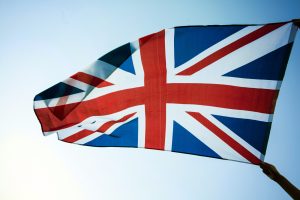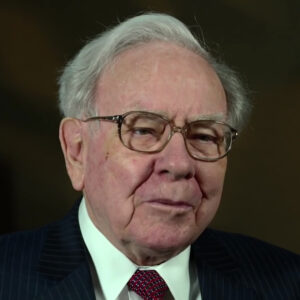President Donald Trump, enforcing his hard-line tariff stance, further added to the alacrity of speculations that the U.S. may release some pressure on China just before the trade talks schedule to begin this weekend in Switzerland.
Trump was speaking about the sweeping sanctions, or tariffs, of roughly 145% on Chinese imports when he said, “I’m not pulling them back,” just hours after the Fed had held rates steady and reminded everyone of the elevated uncertainty attributable to trade policy.
Talks Set, But No Softening in Sight
While top U.S. officials, including Treasury Secretary Scott Bessent and U.S. Trade Representative Jamieson Greer, are scheduled to meet with Chinese counterparts this weekend, Trump’s refusal to soften tariffs casts doubt on the likelihood of early breakthroughs.
“We don’t have to sign deals. They have to sign deals with us,” Trump said during remarks at the White House, reinforcing his belief that the U.S. has the upper hand in negotiations.
Tariffs as Leverage — Or Liability?
Earlier in the week, Trump told NBC’s Meet the Press he would eventually lower tariffs “because otherwise, you could never do business with them,” but more recently backtracked, saying the U.S. is “losing nothing” by curtailing trade with Beijing.
In response, China has quietly drafted a list of U.S. goods exempt from its 125% retaliatory tariffs, attempting to reduce tensions without appearing to cave publicly.
Still, the broader economic consequences are mounting. Automaker Ford (F) became the latest firm to pull forward guidance, citing “significant” expected losses from tariff-related costs. Meanwhile, Trump floated new duties on pharmaceutical imports, a move that could further rattle global supply chains already under strain.
Fed Stands Still, Eyes Tariff Fallout
On Wednesday, Fed Chair Jerome Powell warned that the economic shock of tariffs “hasn’t hit yet”, but admitted that sentiment has already soured. The central bank held rates steady for a third consecutive meeting, citing uncertainty around the evolving trade landscape.
Economists warn that if negotiations stall, new tariffs could amplify inflationary pressures while slowing business investment and hiring—creating a policy trap for the Fed just as it seeks clarity on future rate moves.
The Global Ripple Effect
Elsewhere, trading partners from Canada to the EU are recalibrating strategies. Canadian Prime Minister Mark Carney, visiting Washington this week, is expected to push for clearer exemptions on key goods. And Trump’s threat of a 100% tariff on foreign-made movies has prompted backlash from global media hubs, including Australia, New Zealand, and the UK.
While US-China trade talks this weekend could mark a turning point in the standoff, Trump’s stance suggests no quick relief is coming for industries caught in the crossfire. For now, tariffs remain the centerpiece of his global economic policy—and the pressure on markets, consumers, and policymakers is rising.







